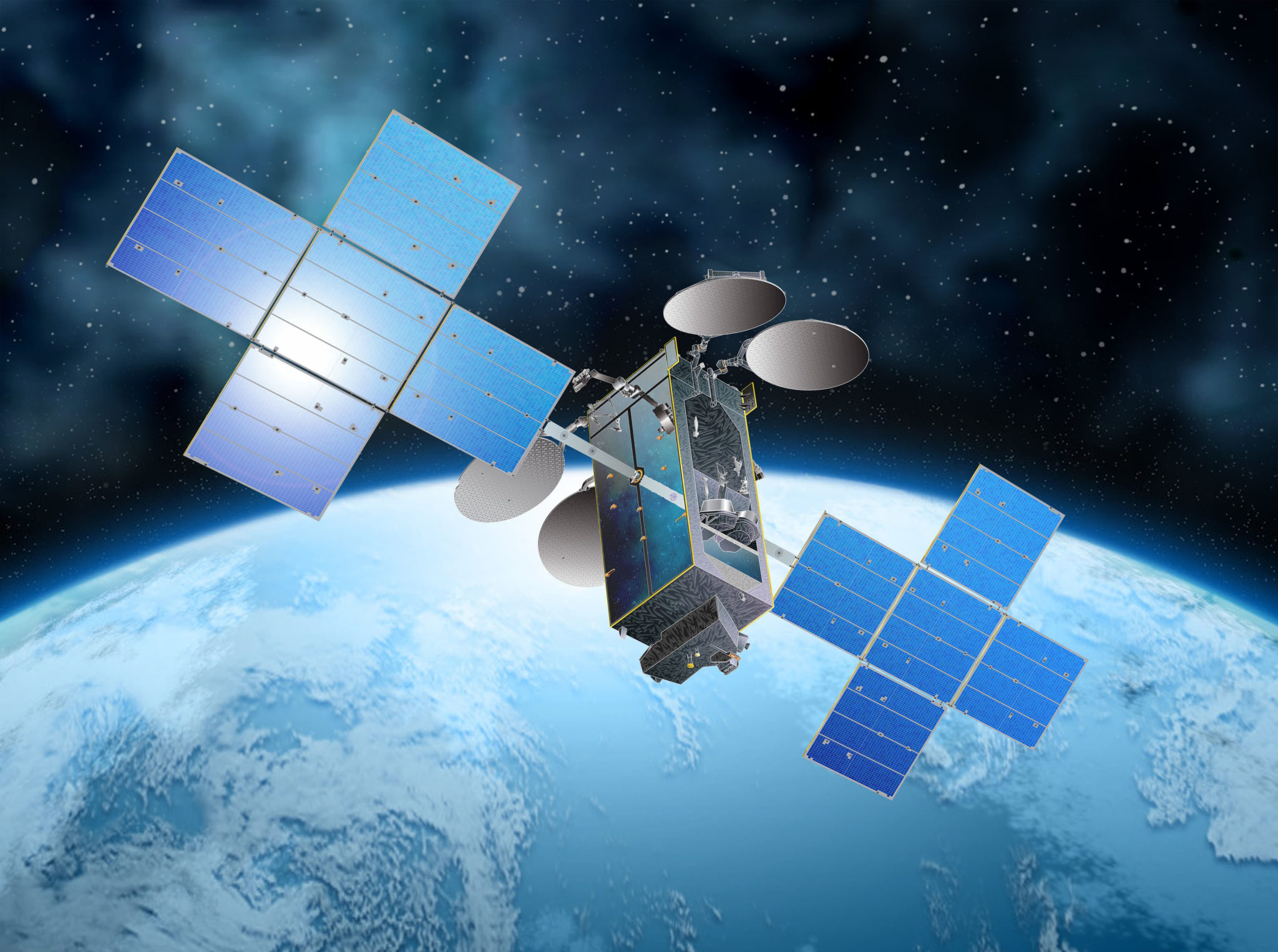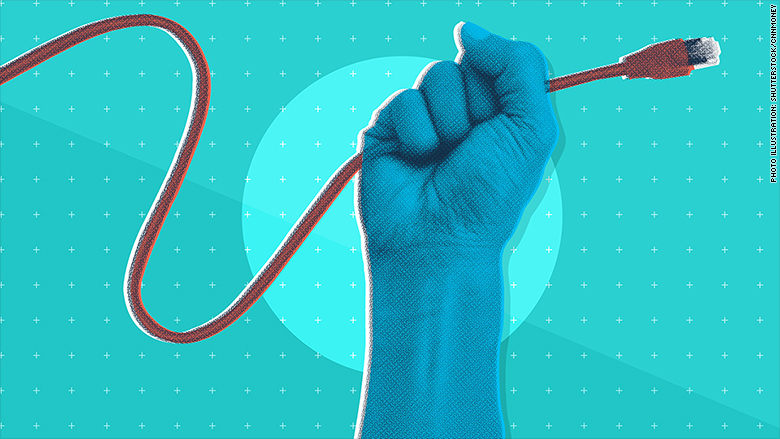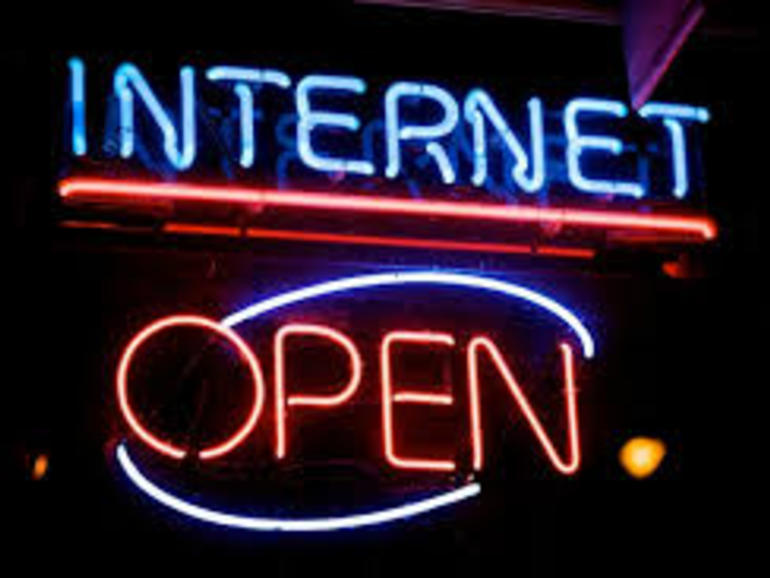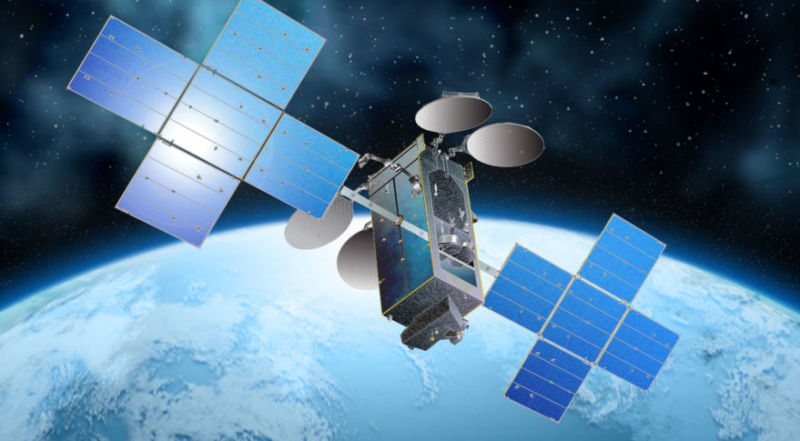Affordable Connectivity
Some Americans lack money. This has always been true, but especially in the last two years. And with all of the financial pressure we face, broadband internet service could be out of reach for some of us. With this in mind, HughesNet has joined the FCC Affordable Connectivity Program.

Under its terms, each household can get up to a $30.00 monthly credit against broadband bills. For residents of tribal lands, the monthly credit could be up to $75.00.
In addition, the program does not require credit checks or annual contracts.
Qualifying is simple, and you can apply online or by mail. Getting in is a three-step process:
The first step is to visit the FCC website to see if you qualify. The second is to submit your application. The final step is to call Satellite Country with the verification code the FCC gives you.
Where is the affordable broadband available?
HughesNet service is available everywhere in the continental U.S. You can even get it in rural areas where telecom and cable networks don’t exist. All you need is a clear line of site to the southern sky for the satellite dish.
If you live in an apartment, though, you may need landlord permission to mount the dish on the building.
What do you get with HughesNet?
HughesNet satellite internet service is true broadband, with download speeds of 25 megabits per second and upload speeds of 3 MB/S.
Through Satellite Country, you can get any of four affordable HughesNet data plans, from 15 gigabytes per month to 75 G gigabytes per month. All plans come with built-in WiFi.
CALL 1-855-216-0185
To function well in the modern world, you need a reliable internet connection. To get the best deals, shop with Satellite Country. We can help. Call today.










